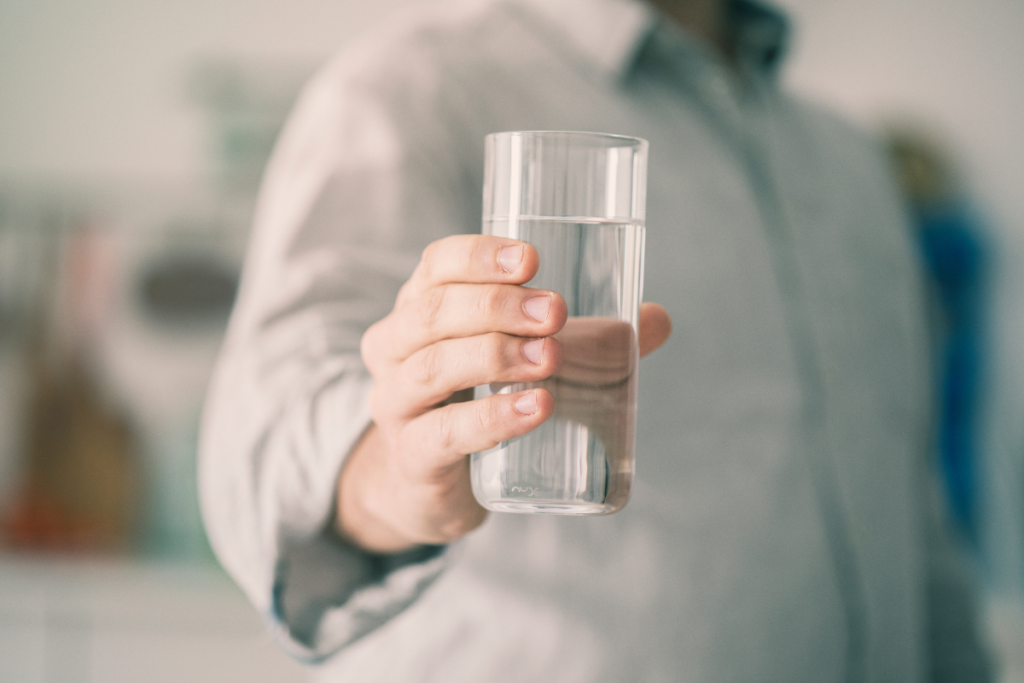Urinary male incontinence is a taboo subject that is the subject of several myths. For those affected, having the right information is essential. And don’t wait to see a doctor if your urinary symptoms persist!
Medically reviewed by Marie-Lyssa Lafontaine, medical student, urology axis, University of Montreal, on 02/24/2023
Incontinence only affects older men.
False. It is not true that you are destined to leak urine once you reach a certain age. Although involuntary urine leakage can sometimes occur due to age-related changes in the body, it is not a normal part of the aging process. This myth is dangerous because it makes men feel like they don’t need help and that it happens to everyone.
Incontinence is a disease.
False. Incontinence is a medical condition, not a disease. It is, in fact, a symptom that should alert you that something else is going on in your body. It can be temporary or permanent, and it is symptomatic of an underlying health problem. Talking to your doctor and determining the cause of the problem is the first step. Depending on the cause, incontinence can be easily treated or well controlled.
Incontinence is the same for everyone.
False. Incontinence affects each individual differently and a treatment plan should be unique for each person. Some people suffer from stress incontinence while others have so-called “urge” incontinence. Stress incontinence is generally caused by coughing, sneezing or any physical exercise, while urgency urinary incontinence occurs in the context of a strong and sudden urge to urinate where people are unable to hold back in time and leaking urine ensues. Urge urinary incontinence is a symptom typically associated with overactive bladders.
Drinking less avoids trips to the toilet.
False. If it is tempting to reduce your water consumption, it is not a solution. Not getting enough hydration can lead to other problems such as the formation of kidney stones (lithiasis). Thus, it is recommended to maintain a healthy consumption of water (1.5 to 2 liters per day), but it is necessary to limit other liquids considered to be irritants for the bladder such as alcohol, coffee and others. caffeinated products such as energy drinks. Indeed, these beverages can cause disturbing symptoms similar to those of an overactive bladder (e.g. increased urinary frequency, urgent desire to urinate, etc.).
Pelvic floor exercises don’t work.
False. Many people have heard of Kegel exercises but may not believe in them. However, it is a clinically proven non-invasive treatment that can significantly improve continence in the majority of those who do it regularly and adequately. It is true that isolating the correct muscle is difficult for some, especially if the muscles have become very weak. This is why you should not hesitate to call on the help of a physiotherapist specialized in this field who will be able to help you.
Sports activities should be limited to avoid urinary leakage.
False. On the contrary! Sport can help strengthen the pelvic muscles, better control them and thus regulate the urge to urinate. Additionally, regular physical activity helps maintain a healthy weight, which decreases pressure on the bladder and can improve long-term urinary control. We therefore put on suitable protection and move because weight loss and physical strengthening are excellent ways to treat urinary incontinence!
We can say goodbye to our social life!
False. Incontinence can be embarrassing and some people will isolate themselves and avoid going out for fear that those around them will discover their problem. Leak protection products are now very discreet and can easily go completely unnoticed. Choosing the right product and the right size will help a lot. There is therefore no reason to deprive yourself of outings or your favorite activities.
When you live with urinary incontinence, you smell like urine.
False. Although many people think otherwise, this is not necessarily true. Maintaining good personal hygiene and using effective absorbent barrier products with technology that locks in moisture and odor can provide peace of mind in this regard. Changing the protective product several times a day can also make a difference.
Take the time to visit each of our pages on this website, as well as our YouTube channel, in order to get familiar with the disease, our expert lectures and webinars, our section on available resources, the support that is offered to you, our events and ways to get involved in advancing the cause.
You have questions or concerns? Don’t hesitate. You can chat with us or contact us at 1-855-899-2873 to discuss with one of our nurses specialized in uro-oncology. They are there to listen, support and answer your questions, as well as those of your family or loved ones. It’s simple and free, like all of our other services.
Webinar to review
Everything to know about male urinary incontinence
Written by PROCURE. © All rights reserved – 2023



 ADDITIONAL RESOURCES
ADDITIONAL RESOURCES

